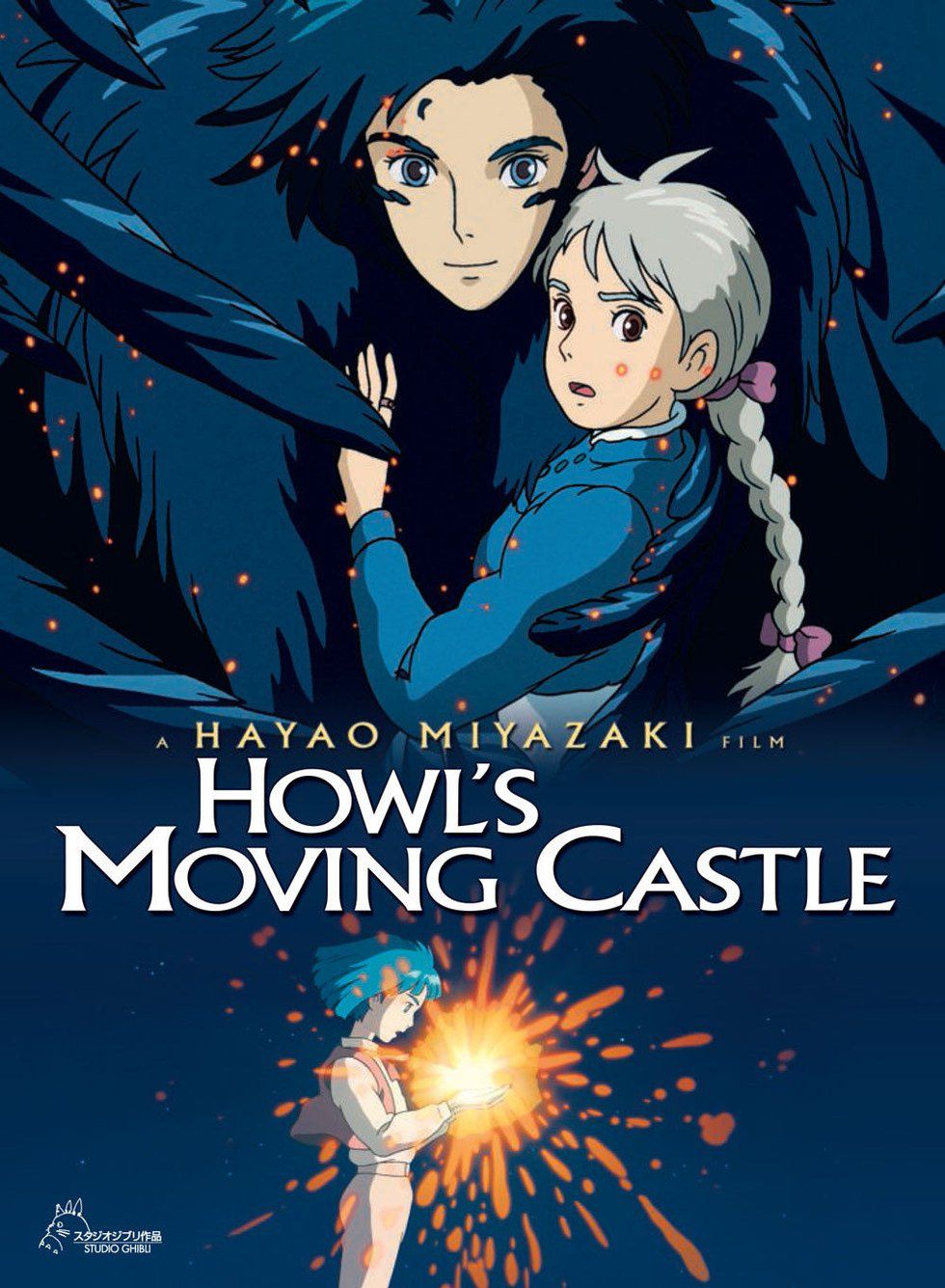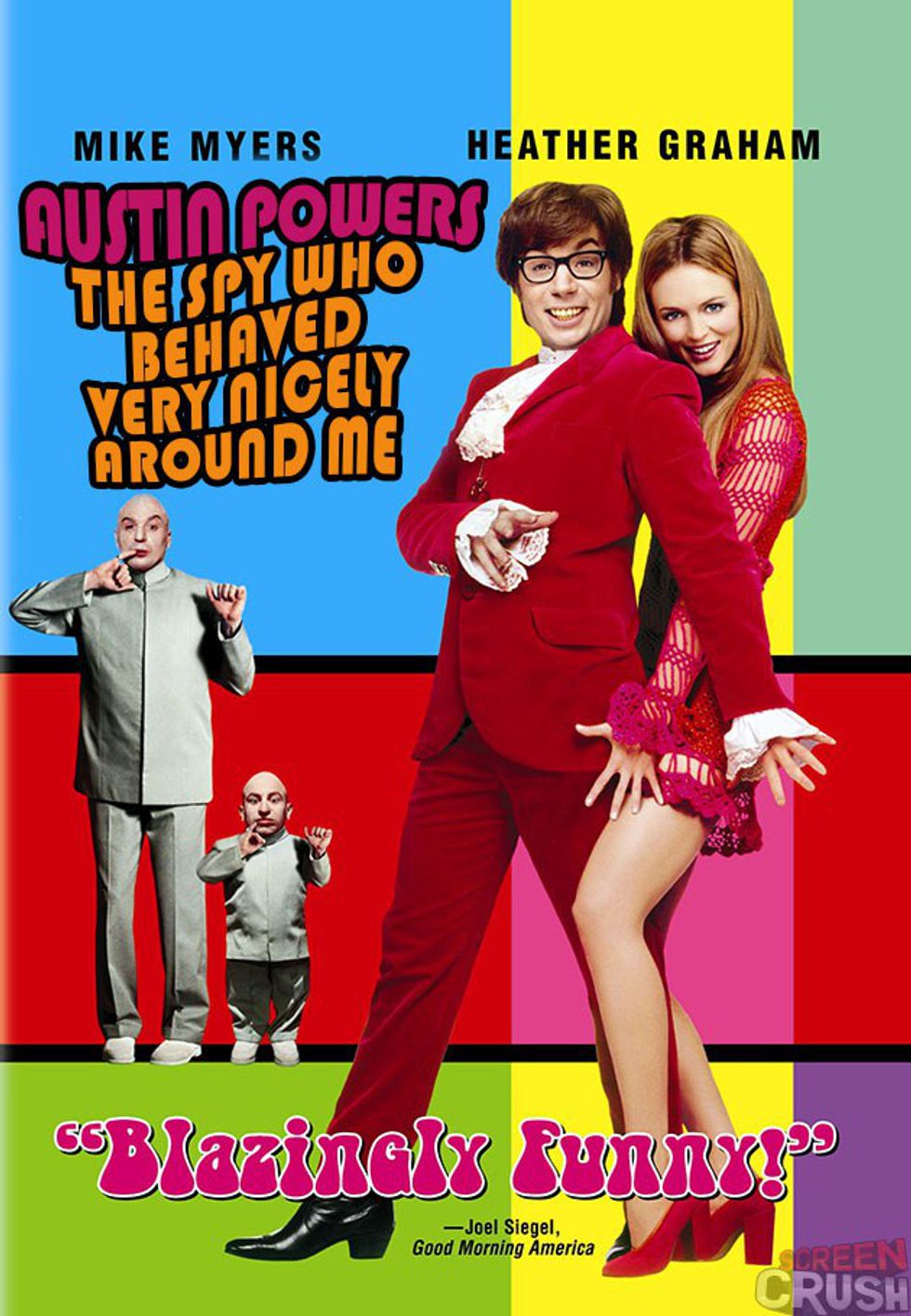Someone once said, “The best way to kill a film is to translate it.” At least I think that’s what was said. Honestly, I couldn’t read the subtitle fast enough.
Since the advent of “talkies,” translation of films has been a harrowing dilemma for both production companies which seek to distribute their films internationally and for foreign audiences which wish to consume them. With a majority of the global population not speaking English, localization should be a top priority for film studios hoping to maximize their films’ success in foreign markets. Yet, poor translations like this still occur:

In recent years, translators have been earning less and less for their work, most only earning a penny per word. While a few high end translators do exist who charge up to a dollar per word, most studios opt for “translation sweatshops” in China, Colombia and India. These are composed of inexperienced individuals who rely on automated translation services. While this option is extremely cheap, the results are often absurd.
Due to Malaysia’s strict censorship regulations, the title for “Austin Powers: The Spy Who Shagged Me” was translated.
In a tale as old as time, film studios are sacrificing artistic integrity for maximum profits. Buzzfeed shouldn’t have an article entitled “The 37 Worst Translated Movie Titles Ever,” translators shouldn’t be paid pennies for extremely difficult work and most importantly, foreign audiences shouldn’t have to watch films about cat poop. Contrary to popular belief, the United States is not the center of the world, and as such, its films should be distributed to other countries on a principle that if their film isn’t properly translated, it is killed and never shown.























